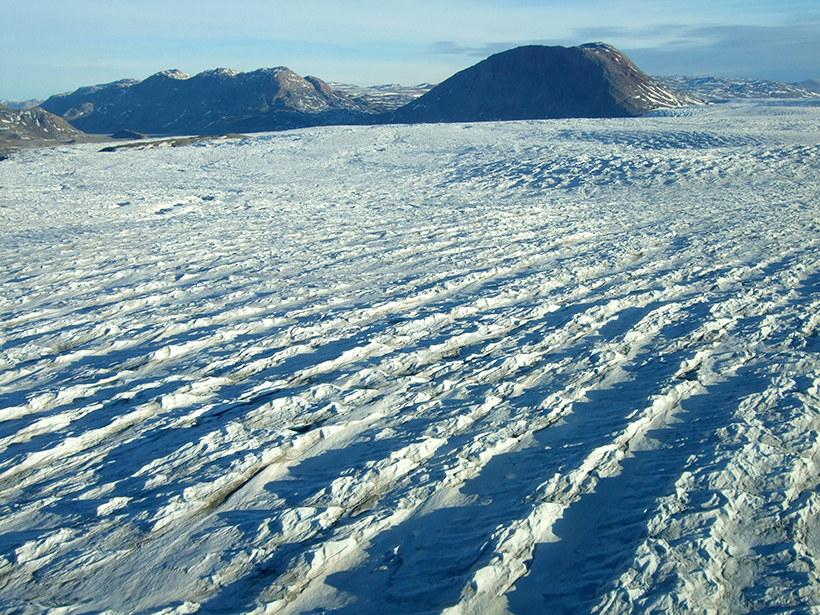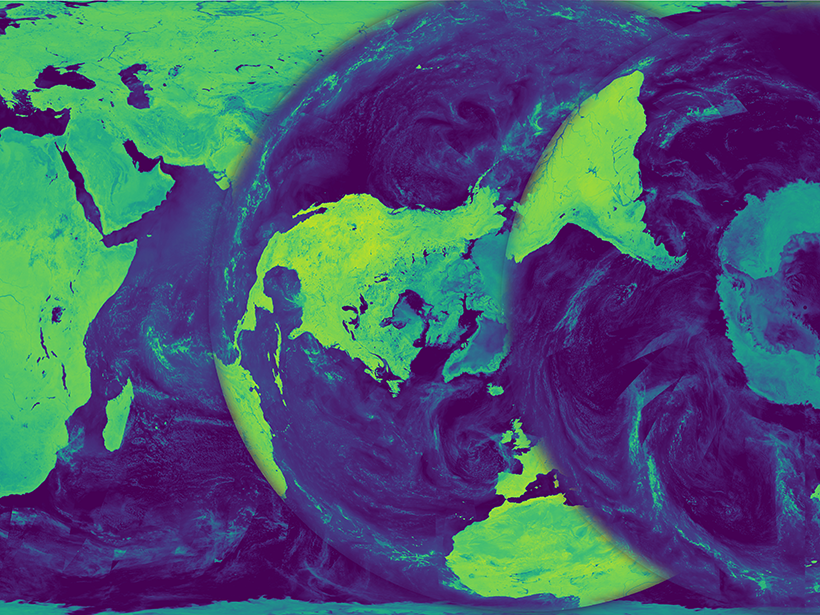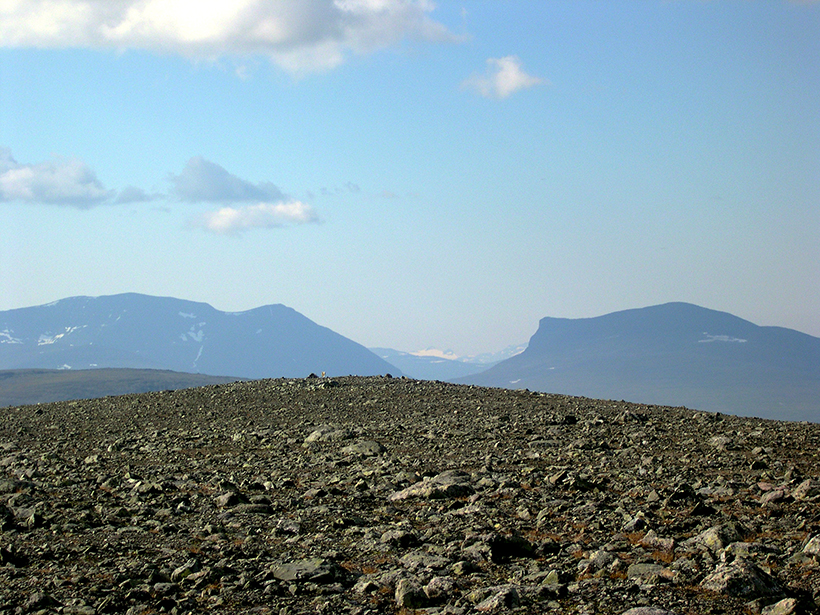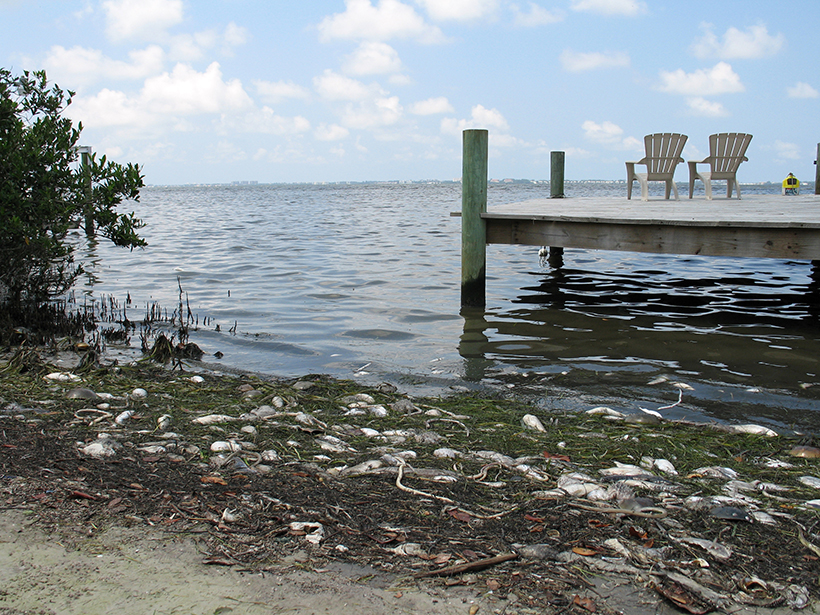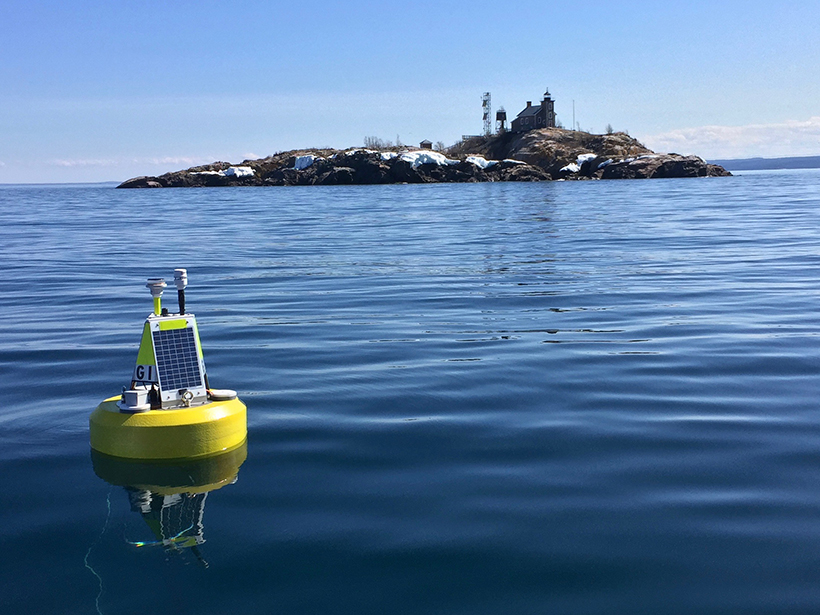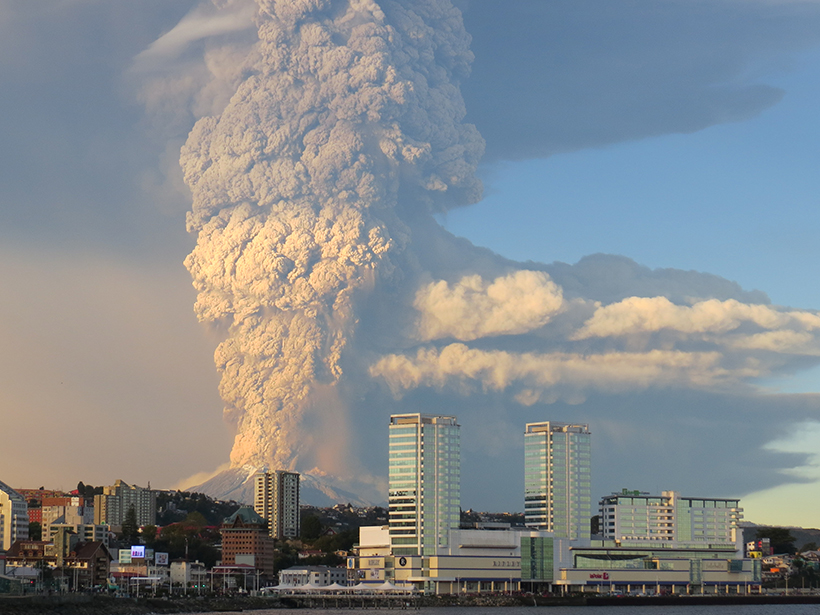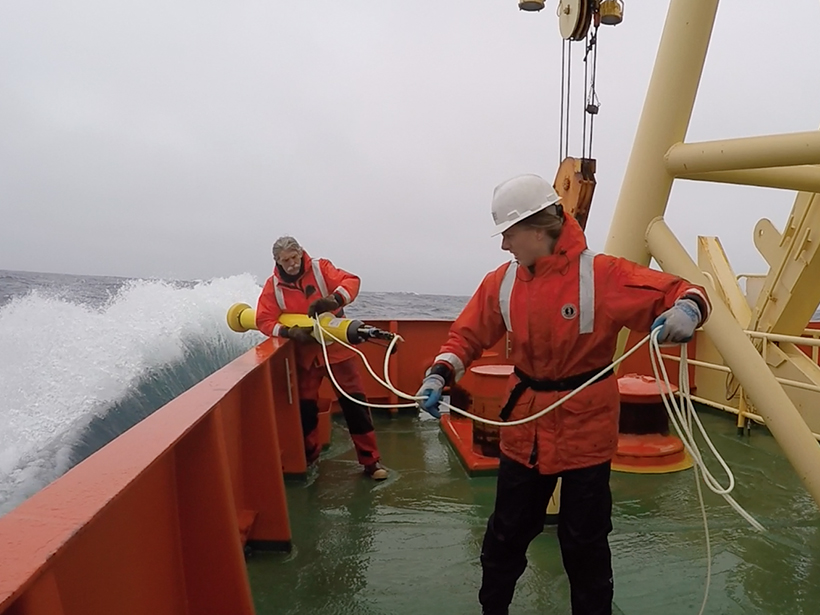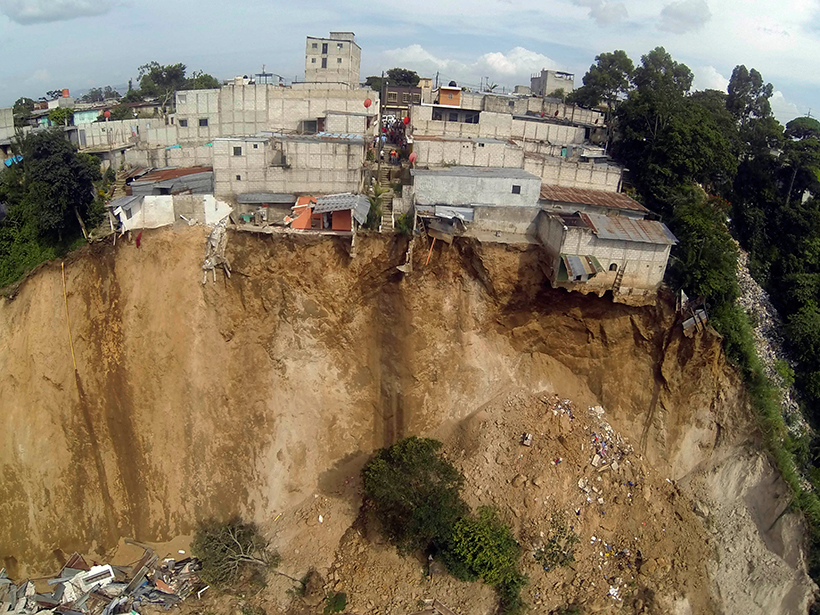A new web-based data portal gives scientists access to more than 40 years of satellite imagery, providing seasonal to long-term insights into outflows from Greenland's ice sheet.
Science Updates
Bringing Earth's Microwave Maps into Sharper Focus
New processing capabilities improve the spatial resolution of satellite microwave data, enabling scientists to analyze trends in coastal regions and marginal ice zones.
Deciphering the Cosmogenic Code to Learn Earth's Surface History
Third Nordic Workshop on Cosmogenic Nuclide Techniques; Stockholm, Sweden, 8–10 June 2016
A Name Directory for the Ocean Floor
New Web resources enable scientists to standardize the naming of seamounts, trenches, and other undersea features, reducing ambiguity in identification and communication.
Coastal Observations from a New Vantage Point
The NASA Geostationary Coastal and Air Pollution Events satellite mission plans to keep an eye on short-term processes that affect coastal communities and ecosystems.
Predicting a Great Lake's Response to a Warm Winter
The Superior Challenge Summit: Forecasting El Niño's Impact on the World's Largest Lake; Ann Arbor, Michigan, 17–19 May 2016
How Did Climate and Humans Respond to Past Volcanic Eruptions?
First workshop of the Volcanic Impacts on Climate and Society Working Group; Palisades, New York, 6–8 June 2016
Bringing Biogeochemistry into the Argo Age
Plans are underway to integrate and augment a collection of regional programs to form a global biogeochemical monitoring network.
Challenges of Climate Change Adaptation
Practical and Methodological Challenges of Climate Change Adaptation; Oslo, Norway, 25–26 April 2016
An Early Warning System for Landslide Danger
Advances in satellite imaging, mapping, and rainfall estimations have made it possible to implement a regional real-time assessment of landslide hazard threats across Central America.

